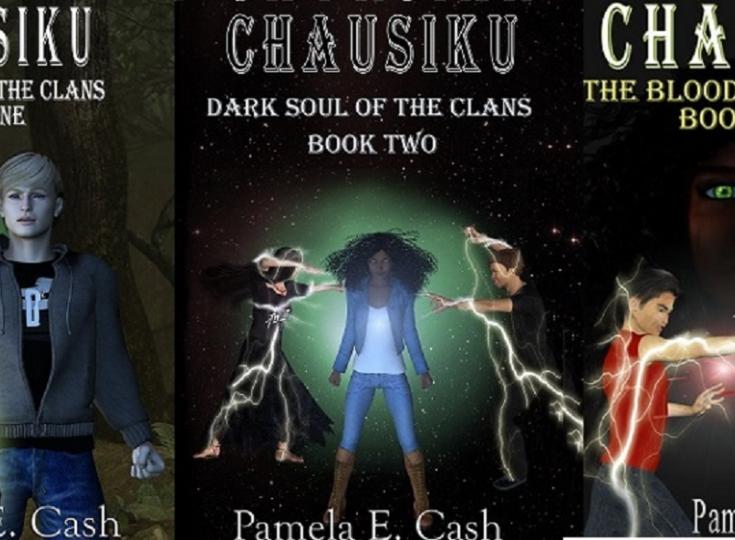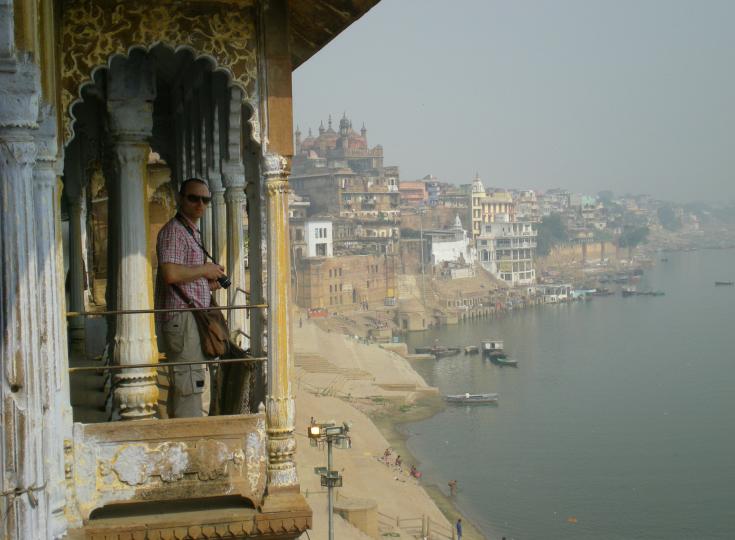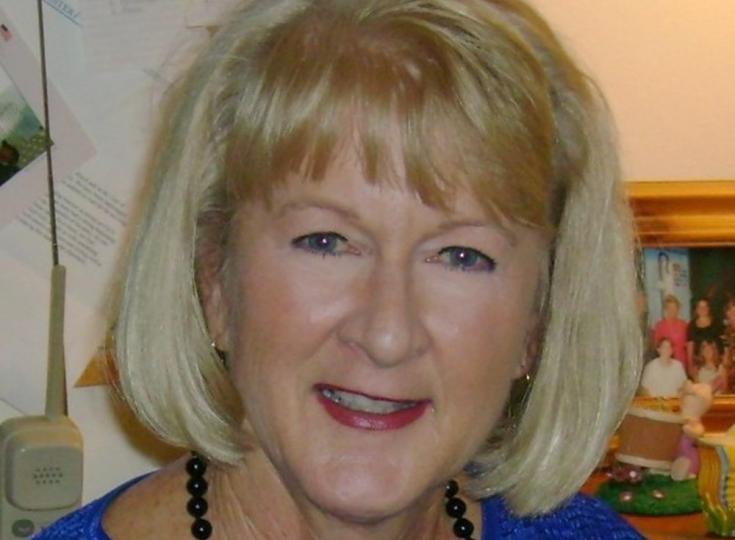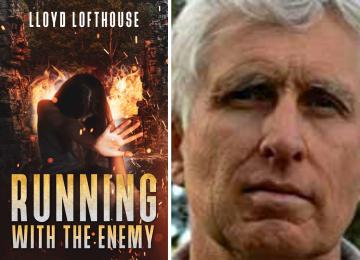Geoffrey Saign - Pulse-pounding, Action-packed Thrillers
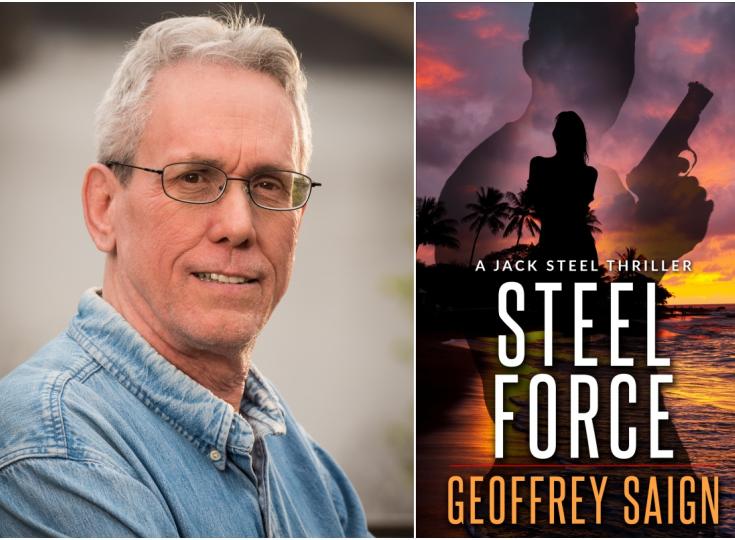
Award-winning author Geoffrey Saign has spent many years studying kung fu and sailed all over the South Pacific and Caribbean. He uses that experience and sense of adventure to write the Jack Steel and Alex Sight thriller action series. Geoff loves to sail big boats, hike, and cook—and he infuses all his writing with his passion for nature. As our Author of the Day, Saign tells us all about his book, Steel Force.
Please give us a short introduction to what Steel Force is about.
Steel Force is about blindly following orders, securing justice, and stopping corruption. But at its heart is a man grieving his missing daughter—refusing to give up on her—while trying to sort out a deadly conspiracy. Added to that mix is the possibility of love with a woman that wants to help him and a chance at a new life.
What inspired you to write about someone who ends up in trouble for sparing a monk?
The monk has a special ability to motivate people to change in good ways. Steel recognizes that and decides he can’t in good conscience kill him. I chose a monk because that seemed more believable than just an ordinary citizen, i.e. a monk is even less likely to be a terrorist. This also sets up the possibility to expose two things: 1) the dangers posed by blindly following the chain of command and 2) There are values worth fighting for no matter what the cost.
Tell us more about Jack Steel. What makes him tick?
Jack Steel is honorable, and has built a career out of protecting the innocent. He obsesses about security and trains obsessively for the impossible in any situation. He also cannot let go. Of anything. That puts him and everyone around him in danger when he chases a conspiracy to expose those who committed murder.
Readers have compared your writing to that of Tom Clancy, Lee Child and Robert Ludlum. Are you fans of these authors? What inspires your thrillers?
When I was young I was a voracious reader of fiction thrillers—late grade school and high school. But we didn’t have the variety of books young people have now. Thus I very quickly ran out of books to read at the local library. My mother was a thriller reader and she offered me Clancy’s and Ludlum’s Bourne books and Alistair MacLean’s books—three of the top thriller writers at the time—and I was hooked. Thus no matter what I write, I’m motivated to add the elements that make thrillers fun to read—tension, suspense, mystery, pacing, and high-octane action.
What is the hardest thing about being a writer?
Having enough time to write! But really, right now as a self-published writer (I’ve had 6 NY agents in the past, some of the biggest) the marketing and business side of things is very complicated and time-consuming. Yes, some writers throw a book out there on Amazon and it hits, but most of the time that doesn’t work and you need to really understand the business side of things. Writers that are succeeding now are often not the best writers in their genre, but they have the tech side down and know how to optimize their book marketing in every aspect of publishing. This gives them an edge over everyone else.
Was there a single defining moment or event where you suddenly thought, 'Now I'm an Author,' as in—this is now my career?"
I had a fair number of NY agents, some big, and that was part of it. Publishing my first nonfiction books added to the sense of ‘author’—but also winning awards for my fiction finally made me realize I had arrived. The quality of my writing was being recognized not just by readers but also by professionals in the business. Still, some of the greatest moments of ‘arriving’ are fans who write me personally with fantastic reviews and comments about my books. That always makes my day!
Please give us three good-to-know facts about you.
I’m a little like the main character---obsessive about details, including grammar (but not obnoxious about it). I love water—swimming, snorkeling, and sailing—but especially being in it. And I love body motion, such as kung fu, which helps me write realistic fight scenes in the book.
Where do you get your best ideas?
Intuition. I rely on it for everything to help me decide on characters, plot, pacing, twists, etc. However no writer is an island (at least the vast majority of us are not) and if I get stuck I have some great editors, beta readers, and my mother! to help solve plot points, character actions, etc. when I get stuck.
How do you force yourself to finish what you're doing before starting the next project when the new idea is nagging at you?
I usually am very focused on what I am writing and enjoy the process and want to finish it before I move on to anything else. The sense of completion and editing is very satisfying. Occasionally I need a short break because I am stuck, perhaps on a plot point, but the temptation to not finish is never an issue. I just go with the flow—whatever feels right to do—and don’t look back or worry about it. But I always finish.
Which of your characters has been the most challenging to write for?
The main characters are the most important. You have to make readers care about them so they can’t be stupid, too obnoxious, or bland. And they need flaws that don’t cripple them. In thrillers they have to have a lot of strengths to survive everything you want to put them through, without seeming like superman. You also want them to suffer, and not whine. Getting all that right can be a challenge.
How do you come up with such brilliant ideas for conflict? I mean, the way the plot goes is just never what you expected it to be, you never know what might happen next!
This is one of the hardest things. To have twists, turns, and genuine surprises for the reader. I often just mull it over, or talk to someone, or scribble ideas on paper. If you write a great book that does all of that, then the pressure is on to repeat that success. I don’t like writing formulaic books, yet some things have to happen that readers expect and want in a series so it can get tricky. If the characters go through movement in their personal life and relationships it grounds the action into a believable mosaic that has a thread running through all of it. Long before I was born the famous writer Raymond Chandler said, When in doubt have a man come through a door with a gun in his hand. LOL That’s not bad advice. Do the unexpected.
When working on a new book, what’s the first thing you do?
I usually see the beginning and the ending pretty fast. Then I need some general plot points and character arcs, and then I begin writing. As I write I’m jotting down notes, ideas, and details about plot, character, and theme as reminders for later in the book. I transfer these notes or write them directly in a word doc. I know every writer has their own process, but this seems efficient for me.
What are you working on right now?
Right now I’m writing a nonfiction book, the next Jack Steel book (#3), and editing audio narration of my fiction books.
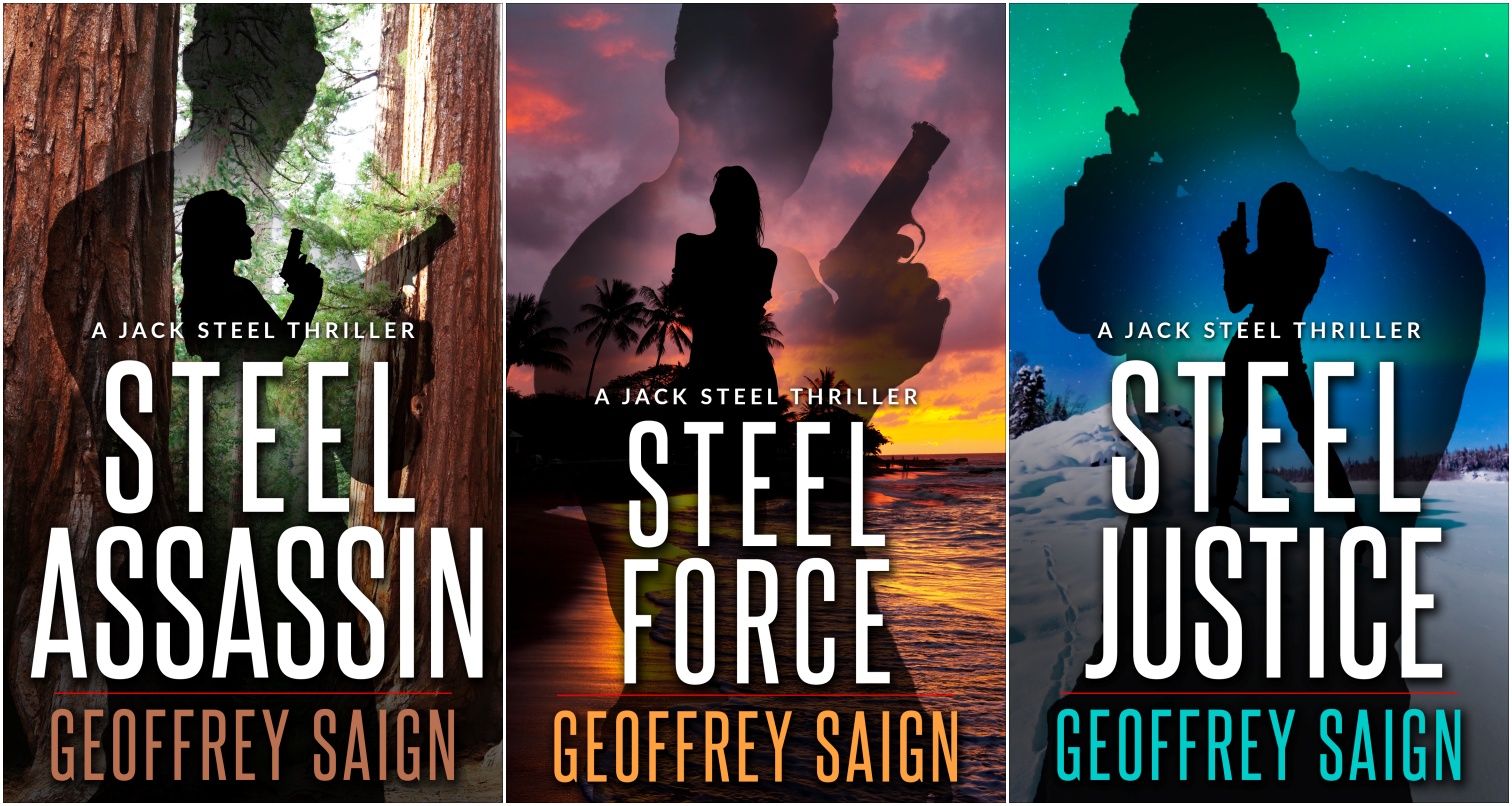
Where can our readers discover more of your work or interact with you?
Readers can always find out what I’m up to @ http://www.geoffreysaign.net. There is also a contact form on my website so they can email me directly.

